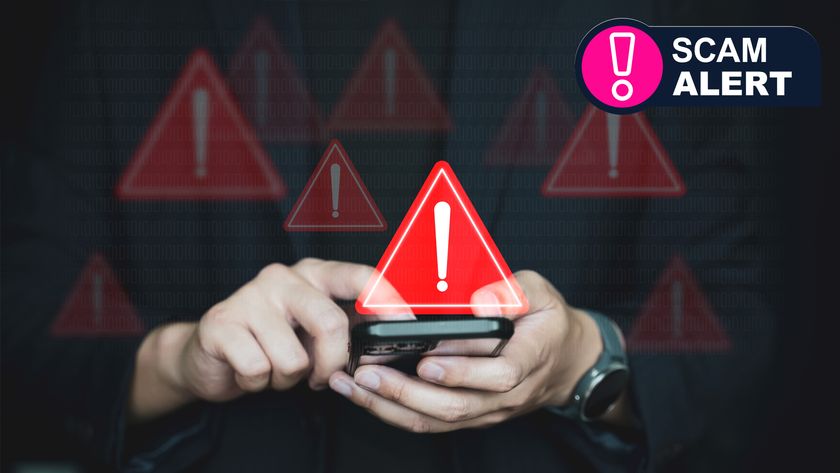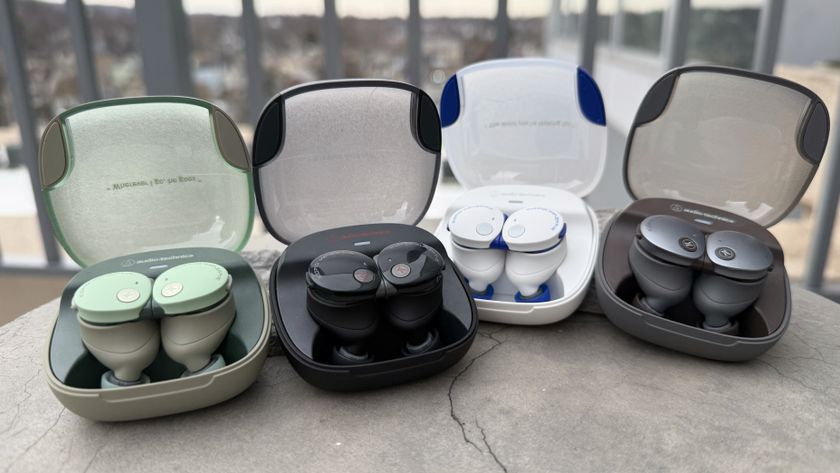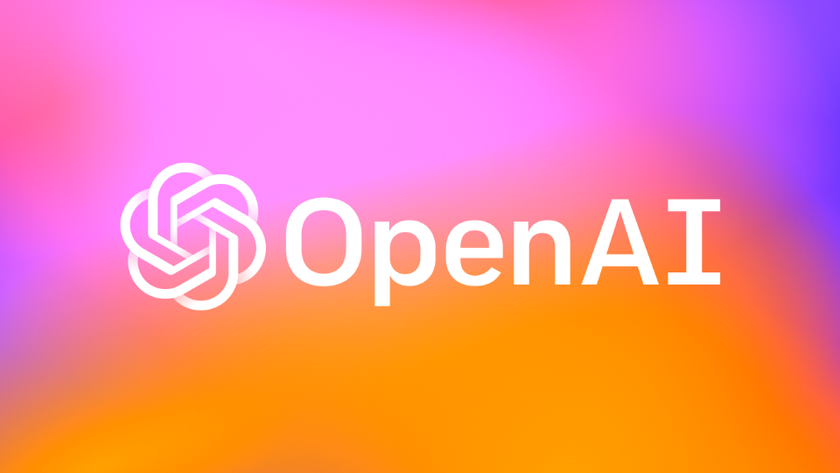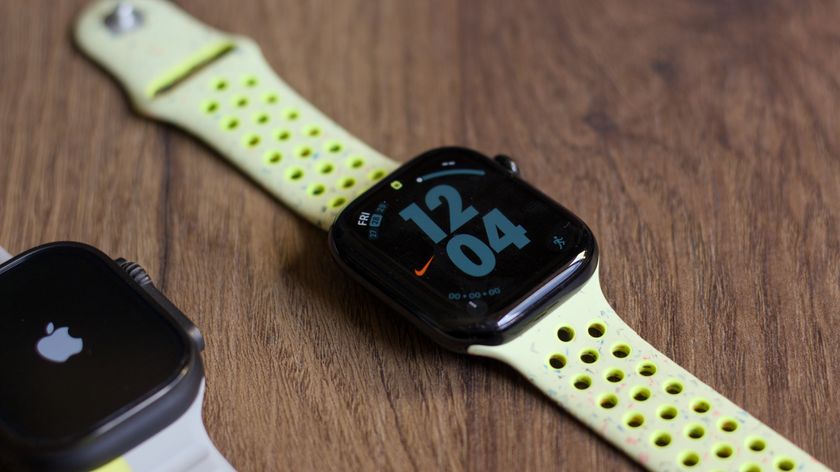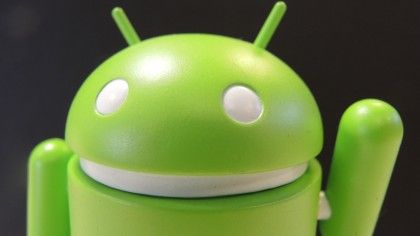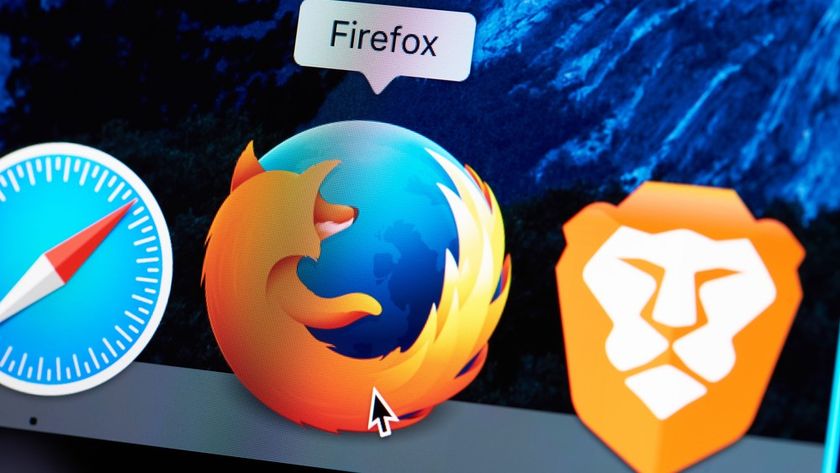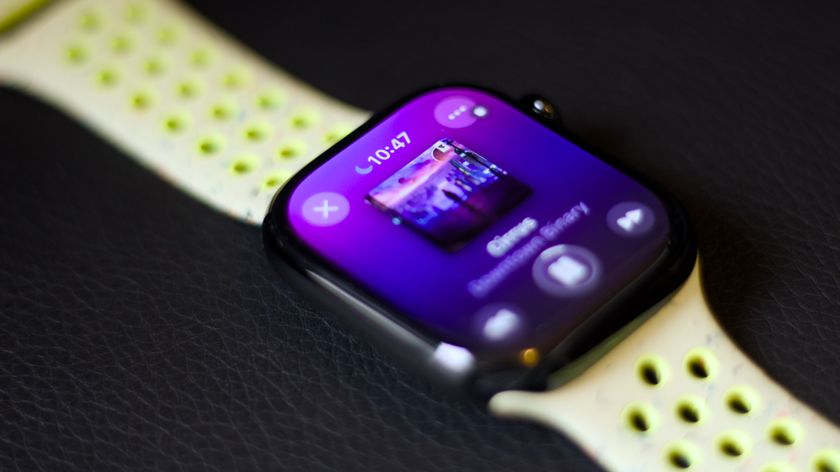Privacy expert calls for a 'digital mirror'
SXSWi 2009: A better way to view our web histories and personas
"In this case public could be a public square or it could be a public as small as your family," says Donath. "Because of the rapid changes in technology this opens up a huge number of really interesting questions around privacy... One of the biggest contemporary issues around privacy is around things like Facebook where everybody is suddenly aware of the notion of how many different public faces they have. You have a public face for the people at work and a public face for different groups of friends, and when you're writing status updates on Facebook all of a sudden you have to be doing it with one large audience in mind."
This makes Facebook fascinating, says Donath, as you get to see people's faces that are normally private to you. And while this not might be a big deal for many people, it's representative of the larger issues we'll be facing about how many different personas we keep and how we manage them, she adds, explaining that online it's very easy for the walls between the personas to be collapsed via tools such as Facebook and Google searches.
"When we do these visualisations it's always hard to know how others see you," says Donarth. "Already, if you are out looking for a job someone can look at your face and have a pretty good idea of what gender or race you are but they're not allowed to use that information, so there's a whole set of legal issues around that, but there's also the question now of how can we start developing the technologies to give ourselves effectively a mirror of our information self.
"At least now we can look in the bathroom mirror and say 'oh, I do have spinach in my teeth', but we don't have the digital equivalent of that, and one of the things we really need is this kind of mirror so we can see what kind of trails we've left behind, what a can marketer gather about us, and what the different personalities are that we put up.
"We also need to figure out how to design different types of online space so that you have an intuitive feel for how public it is, so you know how to moderate your behaviour for these different types of private and public spaces."
Get daily insight, inspiration and deals in your inbox
Sign up for breaking news, reviews, opinion, top tech deals, and more.
After watching War Games and Tron more times that is healthy, Paul (Twitter, Google+) took his first steps online via a BBC Micro and acoustic coupler back in 1985, and has been finding excuses to spend the day online ever since. This includes roles editing .net magazine, launching the Official Windows Magazine, and now as Global EiC of TechRadar.

